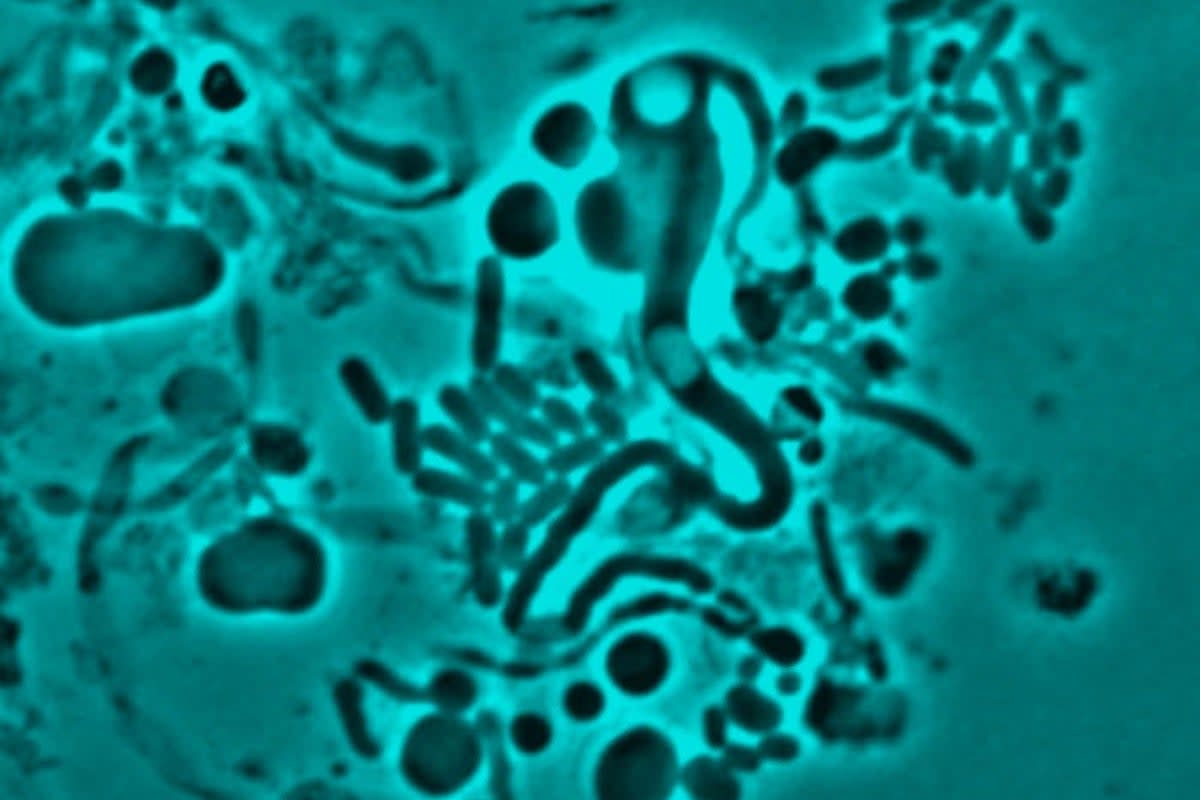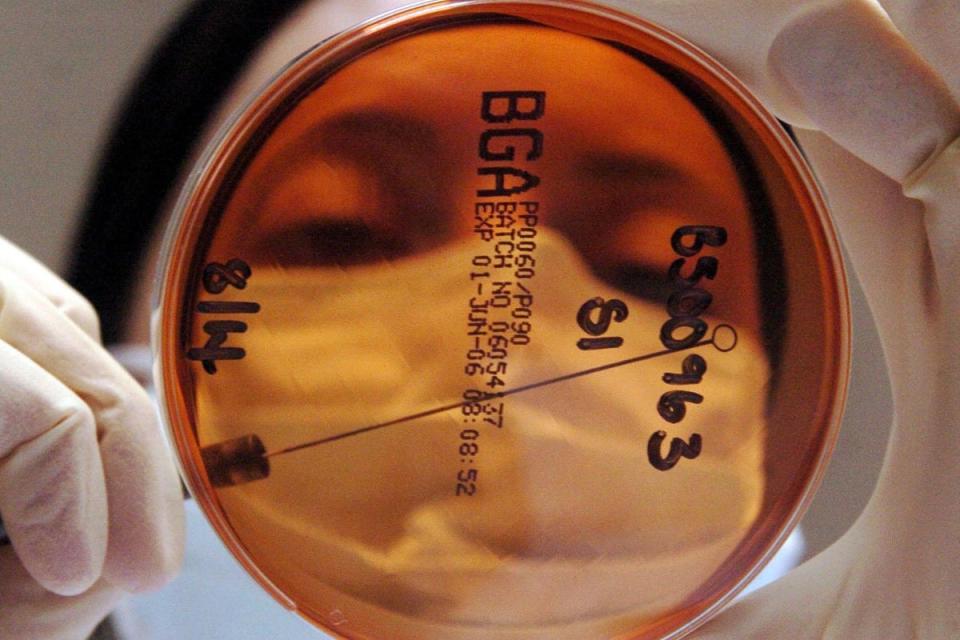E.coli outbreak - what do we know and what food should I avoid?

Britons have been warned to avoid eating certain sandwiches, wraps and salads sold in major supermarkets over fears they are linked to an outbreak of E.coli.
More than 200 cases of the infection have been confirmed across the UK so far, with the figure expected to rise as more genomic sequencing takes place.
Here the Standard takes a look at a developing situation.
What is E.coli?
E. coli are a diverse group of bacteria found in the intestines of humans and animals. They are normally harmless, although some strains can make people very ill.
All the cases recorded in the outbreak involve Shiga toxin-producing E. coli O145 (Stec), which is associated with severe disease.
What are the symptoms?
Symptoms of E.coli typically include severe stomach cramps and diarrhea, which is often bloody.
Many patients may also have a fever.
While most patients recover within five to seven days, symptoms can last up to two weeks in uncomplicated cases.
However, virologists have warned the illness can be much worse in young children, elderly people and those with underlying conditions in their immune system.
Dr Sarah Pitt, virologist at the University of Brighton, told BBC Breakfast: “If you do have diarrhoea, just try not to pass it on to other people, be very careful about your own health, but also be mindful of the people around you because this illness is much worse in young children, elderly, people who have some underlying condition in their immune system as we often see with these infectious diseases.
“So just keep an eye out for people that you know, just to make sure they’re not getting any worse if they have diarrhoea as well.”
Which food should I avoid?
On June 14, major food manufacturers issued product recall notices relating to a variety of sandwiches, wraps and salads.
Greencore Group was the first company to issue a product recall on June 14, closely followed by Samworth Brothers Manton Wood. Food maker THIS! has since recalled its vegan chicken and bacon wrap.
The public have been urged to avoid a long list of foods, including:
– WH Smith THIS! Isn’t Chicken and Bacon Wrap with use-by dates up to and including June 18
– Tesco Hoi Sin Duck Wrap with use-by dates up to and including June 16
– Tesco The Chicken Club Sandwich with use-by dates up to and including June 16
– Tesco Fajita Chicken Wrap with use-by dates up to and including June 16
– Sainsbury’s Peri Peri Chicken Wrap with use-by dates up to and including June 16
– Boots BLT (Sandwich) with use-by dates up to and including June 16
A full list can be found here.

How can I prevent infection?
If you do have symptoms, like diarrhoea and vomiting, do not prepare food for others and do not visit people in hospitals or care homes to avoid passing on the infection.
People should also not attend work, school or nursery until 48 hours after symptoms have stopped.
UKHSA advises people to call NHS 111 or contact their GP surgery if they are concerned about a baby under 12 months, if a child stops breast or bottle feeding while they're ill, or if child under give years of age shows signs of dehydration, such as fewer wet nappies.
You should also seek medical help if signs of dehydration persist after using oral rehydration sachets, if you or your child can not stop being sick or keep fluid down, if you or your child has bloody diarrhoea, or if diarrhoea last for more than seven days and vomiting more than two days.


